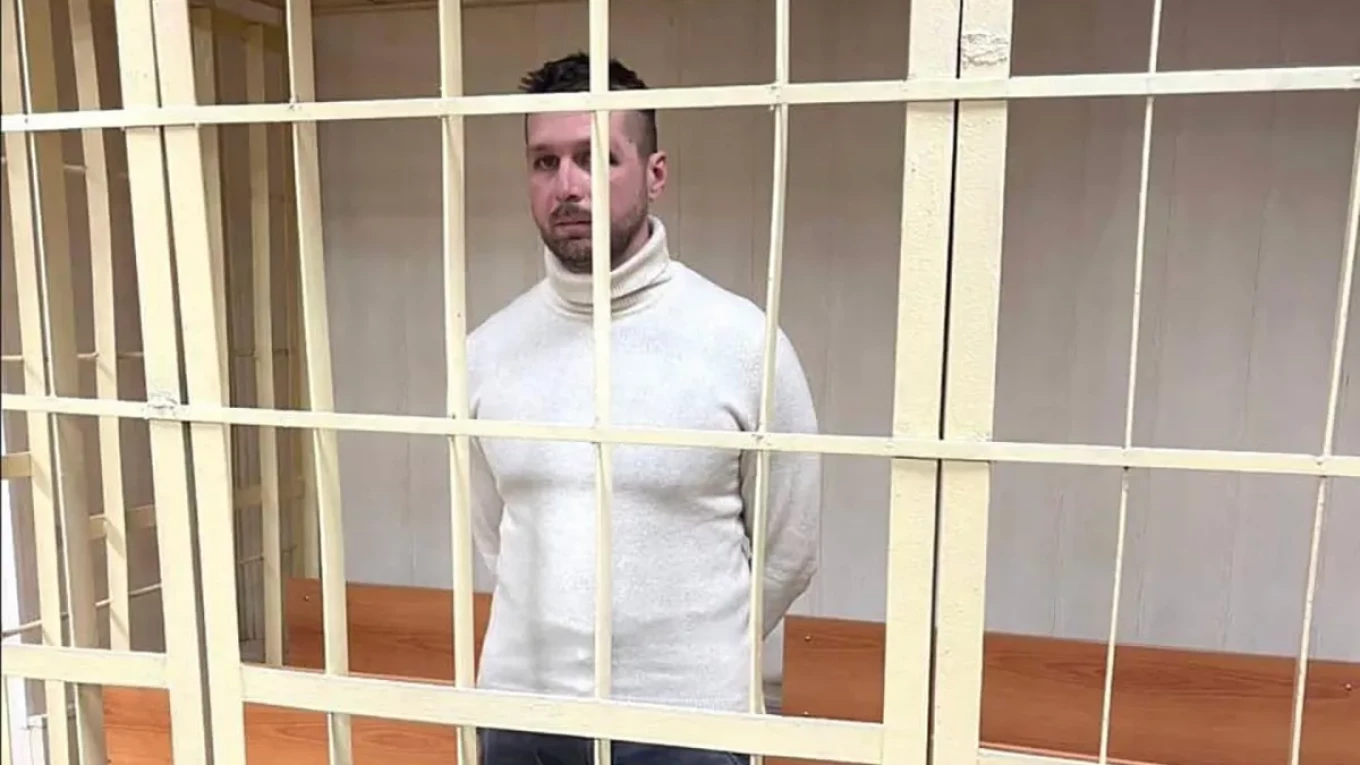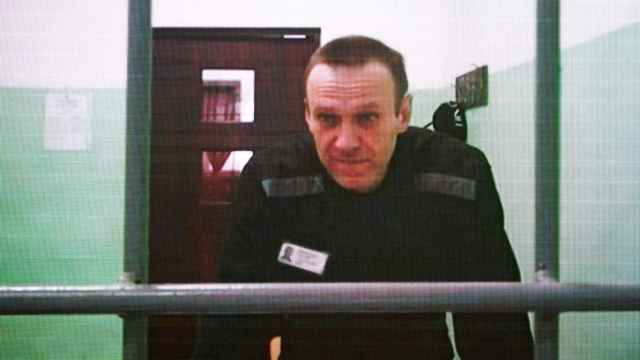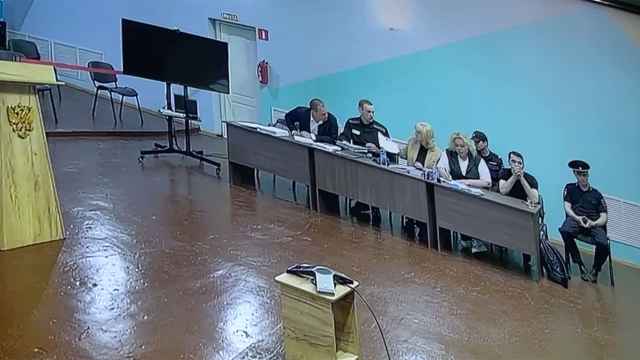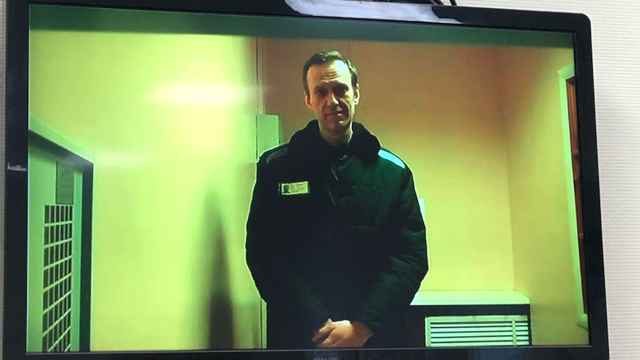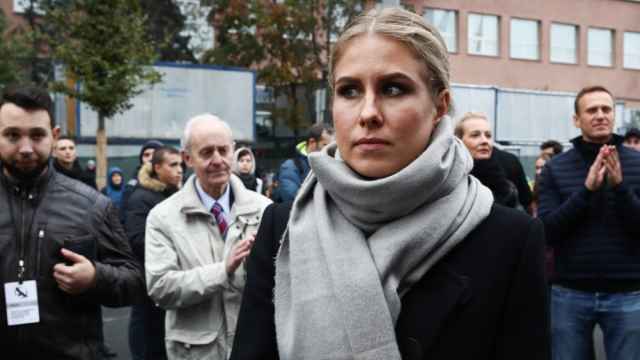A Moscow court has sentenced one of jailed Kremlin critic Alexei Navalny’s allies to two years in prison for two tweets critical of the Russian government, the Mediazona news website reported Thursday.
Pavel Zelensky, a camera operator for Navalny’s Anti-Corruption Foundation (FBK), was detained in January on charges of inciting extremism online. The accusations stem from anti-government tweets he posted after the self-immolation death of journalist Irina Slavina after police searches at her apartment in October.
Moscow’s Tushinsky District Court found Zelensky guilty of incitement and sentenced him to two years in a penal colony, according to the Mediazona independent news website.
The state prosecution had reportedly requested a 2.5-year sentence for Zelensky.
Zelensky's wife told the Open Media news website that he plans to appeal the verdict.
Mediazona reported that Zelensky had pleaded guilty, with other Navalny allies speculating that officials may have subjected him to physical and psychological pressure to do so. Zelensky's wife had told Mediazona in February that he pleaded guilty in hopes of mitigating his sentence after he learned his mother was sick with the coronavirus.
The outlet added that Interior Ministry experts found signs of extremism in Zelensky’s tweets, one of which called for readers to take to the streets to express their anger.
Navalny and FBK have been a constant thorn in the side of Russian officials, several of whom have found themselves the subjects of the group's popular video investigations alleging high-level corruption. Several Navalny allies are under house arrest on charges of violating coronavirus restrictions for urging protests calling for Navalny’s release earlier this year.
Rights groups have accused Russia of applying the extremist label to opposition material as it increasingly criminalized online content in recent years.
Navalny, 44, is serving two and a half years in a notorious prison colony on charges of violating parole of his old suspended sentence for fraud. He is currently on hunger strike to demand proper medical treatment.
Navalny accuses the Kremlin of ordering his poisoning attack with the Novichok nerve agent last August. The Kremlin rejects the accusations and says there are no grounds to investigate Navalny’s poisoning.
A Message from The Moscow Times:
Dear readers,
We are facing unprecedented challenges. Russia's Prosecutor General's Office has designated The Moscow Times as an "undesirable" organization, criminalizing our work and putting our staff at risk of prosecution. This follows our earlier unjust labeling as a "foreign agent."
These actions are direct attempts to silence independent journalism in Russia. The authorities claim our work "discredits the decisions of the Russian leadership." We see things differently: we strive to provide accurate, unbiased reporting on Russia.
We, the journalists of The Moscow Times, refuse to be silenced. But to continue our work, we need your help.
Your support, no matter how small, makes a world of difference. If you can, please support us monthly starting from just $2. It's quick to set up, and every contribution makes a significant impact.
By supporting The Moscow Times, you're defending open, independent journalism in the face of repression. Thank you for standing with us.
Remind me later.


